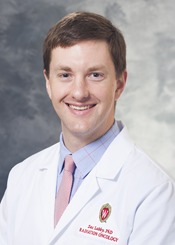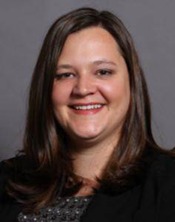Program Information
Practical Statistics for Medical Physicists
Z Labby1*, E Hipp2*, M Altman3*, (1) University of Wisconsin, Madison, WI, (2) University of Vermont Medical Center, Burlington, VT, (3) Washington University School of Medicine, St. Louis, MO
Presentations
WE-E-201-0 (Wednesday, July 15, 2015) 1:45 PM - 2:45 PM Room: 201
Physicists are often expected to have a solid grounding in experimental design and statistical analysis, sometimes filling in when biostatisticians or other experts are not available for consultation. Unfortunately, graduate education on these topics is seldom emphasized and few opportunities for continuing education exist. Clinical physicists incorporate new technology and methods into their practice based on published literature. A poor understanding of experimental design and analysis could result in inappropriate use of new techniques. Clinical physicists also improve current practice through quality initiatives that require sound experimental design and analysis. Academic physicists with a poor understanding of design and analysis may produce ambiguous (or misleading) results. This can result in unnecessary rewrites, publication rejection, and experimental redesign (wasting time, money, and effort).
This symposium will provide a practical review of error and uncertainty, common study designs, and statistical tests. Instruction will primarily focus on practical implementation through examples and answer questions such as: where would you typically apply the test/design and where is the test/design typically misapplied (i.e., common pitfalls)? An analysis of error and uncertainty will also be explored using biological studies and associated modeling as a specific use case.
Learning Objectives:
1. Understand common experimental testing and clinical trial designs, what questions they can answer, and how to interpret the results
2. Determine where specific statistical tests are appropriate and identify common pitfalls
3. Understand the how uncertainty and error are addressed in biological testing and associated biological modeling.
Contact Email:







